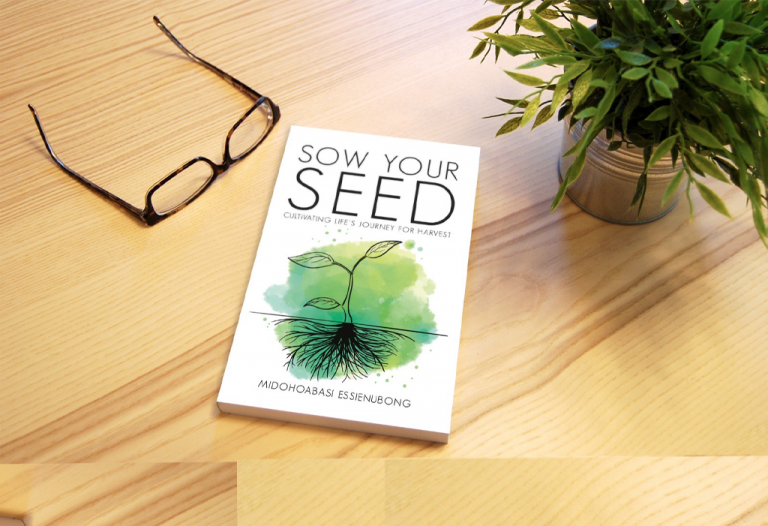Valuing Each Other’s Gift
Would you agree that we all have unique gifts? We all have various gifts and talents that God has gifted us with to use for a purpose that is a part of His master plan. However, many of us, including myself, have grown up to believe that only “specific” gifts or talents are valuable enough for ministry or doing God’s work. There are specific spiritual gifts given to believers to spread the gospel (Romans 12:6-8, 1 Corinthians 12:8-10, 1 Corinthians 12:28-30). However, it doesn’t mean that we cannot use our natural gifts and talents to honour God.
Many people believe that their gifts or talents can’t be used to honour God because they aren’t recognised or approved by the Christian community. So often, frustration can arise, which can stem from being told that you should “try something else that is more valuable”. But, of course, your gift not being valued among fellow believers is certainly not an excuse to adopt the way of the world in expressing them. Still, it makes me wonder how many avenues we could create to reach out to unbelievers and believers alike if we just allowed more freedom of expression and valued what each Christian could bring to the table.
In the world we live in today, there are different gifts and talents that we see people possessing. Some we understand, some we do not. But just because we don’t understand it, does that mean that God cannot use it? If it passes the “Philippians 4:8 test”, we should not hesitate to submit them to God for His use.
Finally, brothers and sisters, whatever is true, whatever is noble, whatever is right, whatever is pure, whatever is lovely, whatever is admirable—if anything is excellent or praiseworthy—think about such things. Philippians 4:8,NIV
Sometimes, we fall into dangerous comparisons about “my gift is better than yours”, but let us look at a story involving Jesus and John the Baptist. In Matthew 3:13-17, NLT we can see that Jesus insisted that John the Baptist baptise him. Even though John the Baptist did not believe he was worthy to baptise Jesus, “I am the one who needs to be baptised by you, so why are you coming to me?”. Jesus replied, “It should be done, for we must carry out all that God requires. Jesus understood John’s place in God’s plan. God placed a value on John’s assignment, and Jesus honoured it by submitting to and acknowledging John the Baptist’s assignment. It wasn’t in Jesus’ attitude to ignore John. While contextually, this story speaks to Jesus submitting to John’s Levitical priesthood authority, there’s a principle we can glean and apply to how we understand our gifts; that is, we should learn to acknowledge and value the gifts of others.
For our God to be the creator of our universe with all its intrinsic design, I imagine and believe that God is a master innovator, craftsman and ultimately creative. Therefore, I believe that any new creative idea or gift comes from Him even if it is not something that has been seen to be used in the past. I am sure we are all familiar with the story of Moses and the Israelites who God had set free from the captivity of Pharaoh in Egypt for them to inherit a greater land where milk and honey flowed (Exodus 3:8 NLT). One thing we can say about this story is that even though God had delivered and provided for the Israelites time and time again, their experiences and lack of familiarity with where they were going made them want to go back to Egypt, a place of captivity (Numbers 14:1-10, NLT). They saw and experienced many things in the wilderness and desired to go back to the ordinary instead of embracing the uncertain and unfamiliar that God had prepared in the promised land. May we not turn away our blessing and promised land because we only appreciate familiarity and the norm rather than embracing the new creations and sights attached to unfamiliar grounds!
Just as our bodies have many parts and each part has a special function, so it is with Christ’s body. We are many parts of one body, and we all belong to each other. Romans 12:4-5, NLT
When we think about our physical body, each part has a function, right? The eyes, ears, mouth, heart, kidneys and so on. They all have a part and essential role to play for the whole body to function well and be healthy, and they work in synergy. Imagine if one part of the body decides that another part of the body should not exist. How would that body now function well with only a few of its essential organs? The same goes for believers. No matter what gift God has given us, every believer has a valuable role in the body of Christ. I cannot help but wonder if there appears to be “disarray” among various areas of the church because we are missing some essential functions/gifts that would allow us to function as a whole. Questioning and downplaying any gift, no matter how “insignificant” it appears, would only mean we are weakening the body of Christ.
The human body has many parts, but the many parts make up one whole body. So it is with the body of Christ. 1 Corinthians 12:12, NLT
1 Corinthians 1:27 says, God can use even the things that seem foolish to shame the wise, demonstrating that even the most unusual gift can be used by God, even if it does not appear to be the “norm.” For instance, if your child, friend, relative or colleague etc., has a gift of poetry, encourage them, don’t downplay it just because it does not look familiar to you. When you see someone fixing art pieces, encourage them and build them up as taught in 1 Thessalonians 5:11. Though this was in a different context, I believe it applies here too. Whatever the gift and talent God has given to people, let’s learn to value, acknowledge and believe that God can use anybody and any gift. Not everyone is going to understand, just as many did not understand Jesus himself. But even in the midst of that, let’s learn to trust what God uses in any season for His glory. As an action point, look around your immediate circle; who’s gifting can you encourage? Make that a priority today.
Photo credit: ©istockphoto/Mumemories






